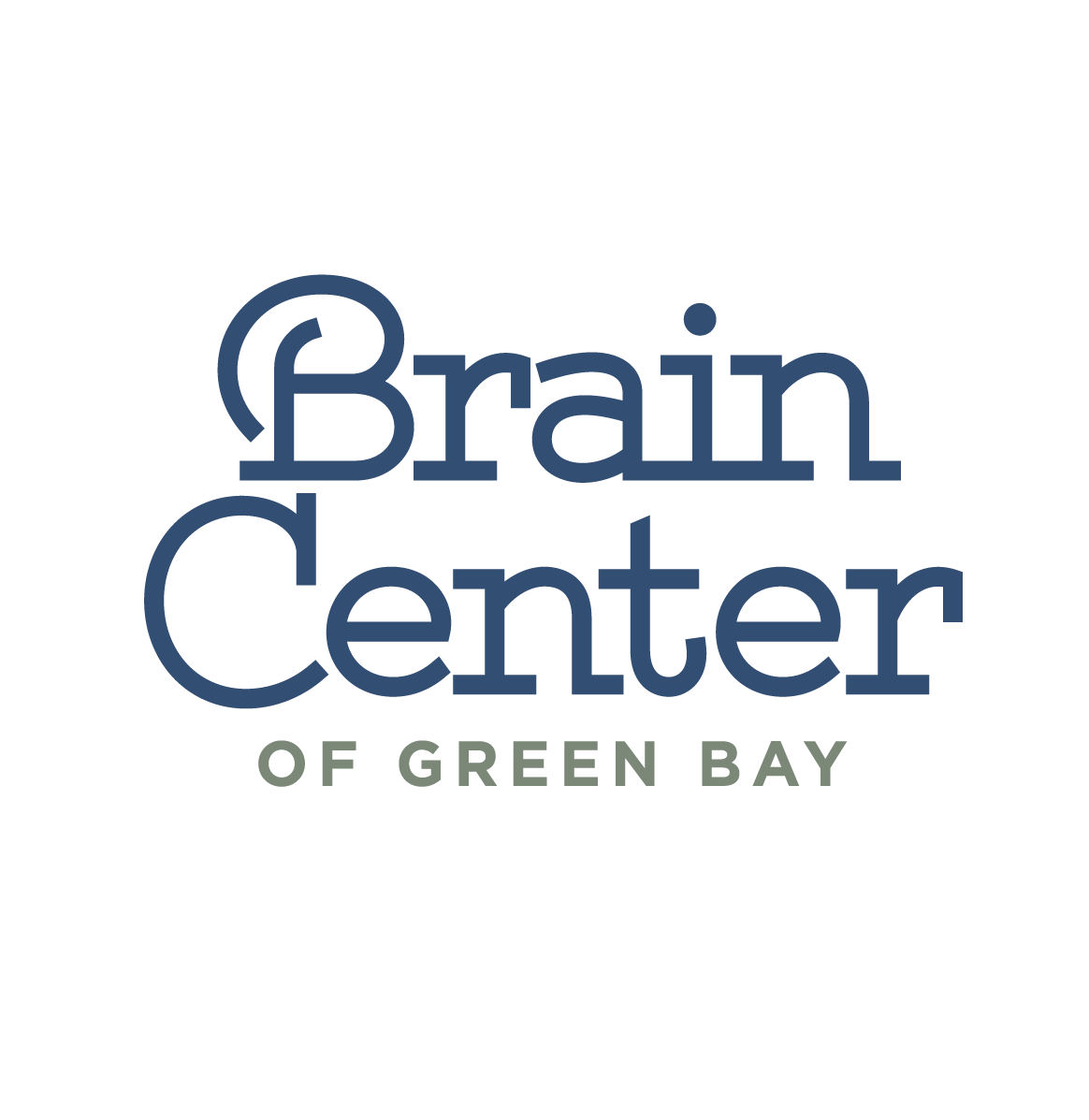Living with and Challenging Lewy Body Dementia
As a retired family practice physician who has recently been diagnosed with Lewy Body Dementia (LBD), even I was unfamiliar with this disease. As one physician mentioned, it is the largest disease that no one knows about.
When one hears the words Lewy Body Dementia (LBD), the main word that is heard is Dementia. Most people relate this to Alzheimer’s, which is the most common form of dementia. These two dementias differ not only in their pathology but in their presentation. People with Alzheimer’s will often be living in a time other than the present and not know the difference. But in LBD they know and remember when they have made a mistake or forgotten something.
There are many physical symptoms associated with LBD and some of them are present long before the diagnosis is made. Disrupted REM sleep, in which patients live out their dreams by kicking, swinging their arms and yelling out, can often precede the diagnosis by 10 years or more. Other physical symptoms include loss of the sense of smell, hot and cold intolerance, increased sweating, constipation, and urinary incontinence.
One of the hallmarks of the disease is the presence of hallucinations. Symptoms can also include forgetting names and places, lack of energy, apathy and the desire not to do anything. Individuals may be unable to tolerate noisy situations, and may experience difficulty tracking and interacting with conversation with more than one or two people due to a slowing of thought processes. There may be orthostatic changes in blood pressure which can lead to falling. Slowness and instability of walking can be similar to that of Parkinson’s.
LBD is marked by variability in its presentation from one person to another. Patients refer to life with LBD as a roller coaster where symptoms come and go. They may be present for part of a day only, or be absent for weeks only to return. This variability makes diagnosis difficult because there is often a lack of physical signs. While imaging testing of the brain is available, it is often not conclusive.
Treatment is supportive for both the patient and his/her care partners. Medication is used to treat the symptoms of memory, emotions, and sleep. In all dementias the need for exercise, mental stimulation and social interaction is vital
I became connected with the work of the Brain Center as I was personally looking for answers and local resources for LBD. It is my hope that by creating greater awareness of this disease, LBD can be diagnosed on a more timely basis so that individuals and families can immediately access the care and resources to help them in their journey.


